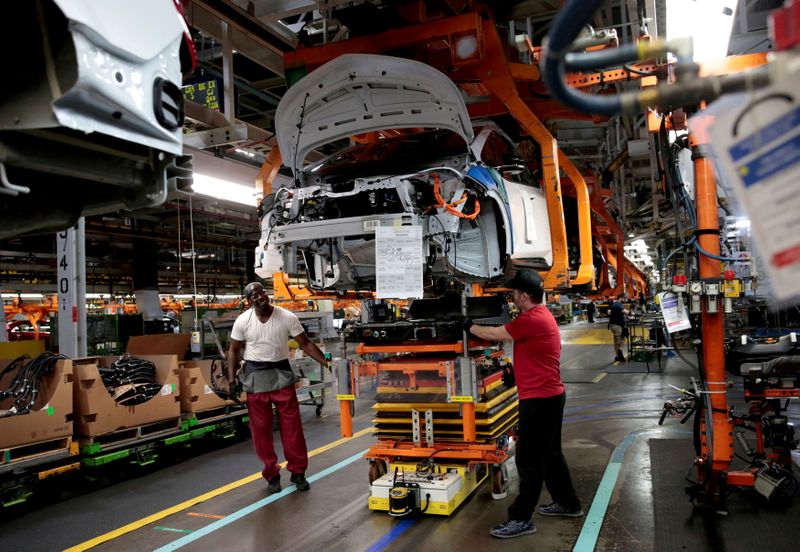This post was originally published on this site

Analysts Dan Ives from Wedbush and Mike Ward from Benchmark have predicted that a strike expansion is likely due to the apparent gap between the two parties in their negotiations. The UAW’s demands include a 40% wage increase over the contract’s duration, a shorter workweek without pay reduction, and enhancements to work rules and retirement benefits. In contrast, the automakers are currently offering approximately a 20% pay increase along with cost of living adjustments and some concessions on work rules and retirement funding.
The potential extension of strikes could impact key facilities such as GM’s Fort Wayne plant in Indiana, which manufactures Chevrolet Silverados; Stellantis’ Sterling Heights assembly plant in Michigan, which builds Dodge Ram trucks; and Ford’s profitable truck plants in Dearborn, Michigan, and Kansas City, Missouri. An even more damaging scenario would be if the union decides to strike a powertrain plant that supplies multiple assembly plants, effectively shutting them all down.
GM President Mark Ruess expressed his concerns about misinformation surrounding the negotiations in an op-ed published on Wednesday. However, UAW president Shawn Fain has rejected proposals from the auto manufacturers and has not yet responded to requests for comments about potential strike expansion plans.
The ongoing strike is seen as an attempt by the UAW to unify its members after challenging times marked by the credit crisis, GM bankruptcy, and foreign competition. From 2009 to 2019, wages rose at about 1% per year on average, excluding profit-sharing, according to the Federal Reserve. Over the same period, the U.S. market share of the ‘Big Three’ dropped from around 45% to 40%.
In response to this decline, Ford and GM are planning to regain market share with electric vehicles, especially in the truck and commercial fleet markets. However, increased labor costs could potentially hinder their ability to gain a larger share in the EV market.
Since July, when labor issues began to impact investor sentiment, shares in Ford and GM have fallen by around 19% and 15% respectively. On the other hand, Stellantis stock has risen by approximately 10%, although it remains a cheaper stock, trading at less than four times estimated 2024 earnings.
This article was generated with the support of AI and reviewed by an editor. For more information see our T&C.

